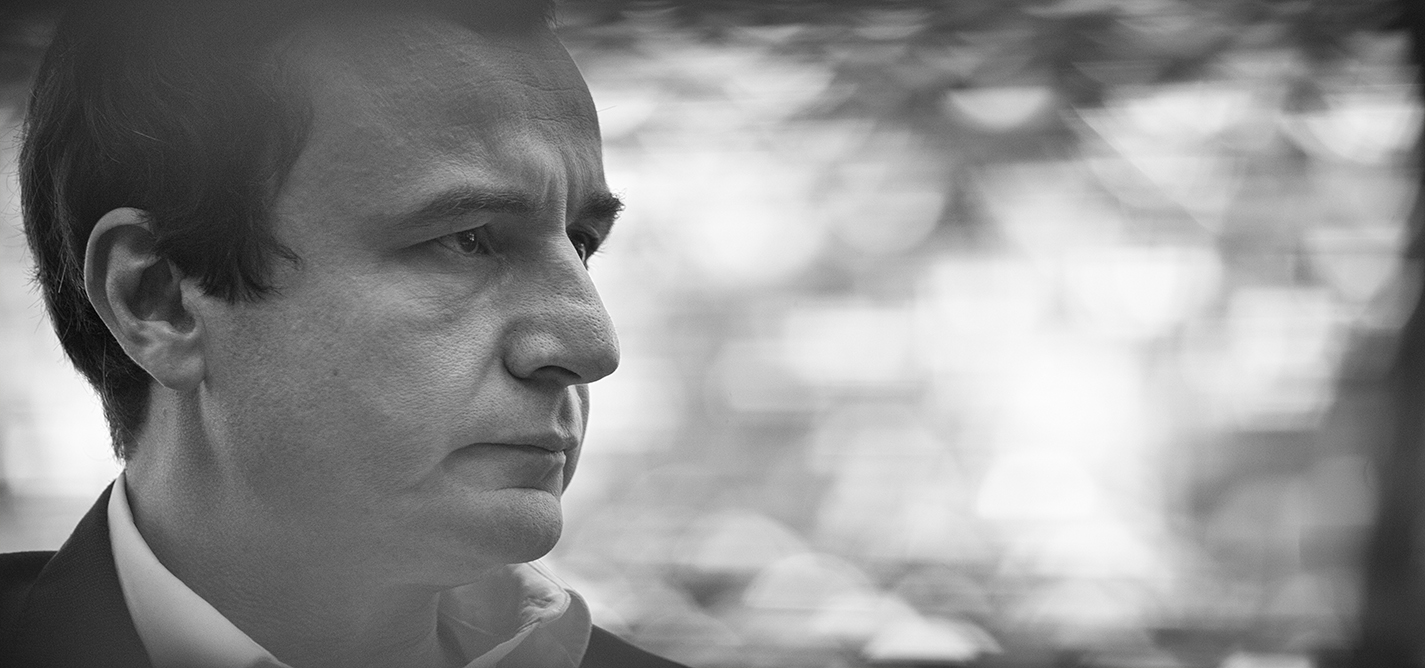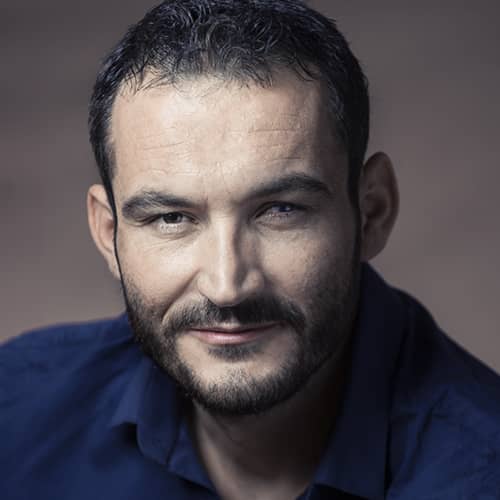
Albin Kurti: “Politics is not the art of the possible. Politics is art. Simply, art.”
Kosovo’s most voted deputy explains his ideas on policymaking and comments on recent developments in this election year.
It is not true that we want to stay in opposition. Not at all. Not at the central level and not at the municipal level either. We want to be in government as soon as possible.
The last time I communicated with Mustafa was on July 17. From July 6 to July 17 we communicated sporadically. Subsequently there was a complete disengagement in communication which I sincerely believe he must explain. Why did he meet with us at that time?
I do not believe that progress comes from consensus. In fact, to me, consensus often resembles a swamp. Movement is a river that flows. Progress is a river, not a swamp. So progress comes through criticism, self-criticism and controversy.
Being a citizen is a political act. I do not see myself outside of being a citizen, I do not see civil engagement outside of politics, and I do not see engaged politics outside of Vetevendosje.

Eraldin Fazliu
Eraldin Fazliu is a former journalist at Kosovo 2.0. Eraldin completed his Master’s on ‘European Politics’ at the Masaryk University in the Czech Republic in 2014. Through his studies Eraldin became interested in the EU’s external policies, particularly in promotion of the rule of law externally. He is a passionate reader of politics and modern history.
This story was originally written in Albanian.